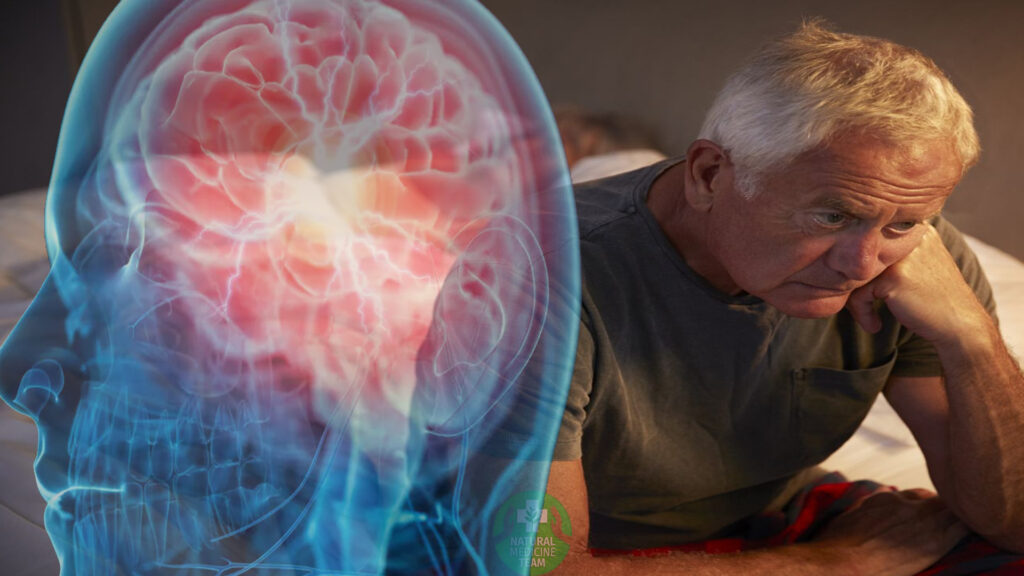DEMENTIA symptoms depend mainly on the type of dementia a person has. The four central types are Alzheimer’s disease, vascular dementia, Lewy body dementia, and frontotemporal dementia.
Dementia symptoms can affect people uniquely, depending on which type of dementia they have and the area of their brain that’s been damaged. Although when it comes to signs to look out for, five may appear during a person’s nap or sleep.

Everyone will feel the symptoms of dementia in their way, but there are some basic and more general symptoms to look out for. Memory loss is one of the most associated signs of dementia and may get worse over time. But symptoms of the condition can also reveal themselves in a person’s sleep, according to Alzheimer’s Society.
It describes: “As a result, a person with dementia may find it quite exhausting to do relatively simple tasks like communicating, eating or trying to understand what is going on around them.”
This can make the person sleep more during the day as their symptoms become more severe.
There are five symptoms a person sleep may be affected if they have dementia, according to the Alzheimer’s Society.
These include:
- Sleeping during the day and being awake and restless during the night
- becoming disorientated in the dark if they wake up to use the toilet
- Waking up more often and staying awake longer during the night
- Getting up more often and staying awake longer during the night
- Getting up in the early hours and thinking it’s day time or time go to work (disorientation in time)
- Not being able to tell the difference between night and day
It adds: “Nobody fully understands why dementia alters sleeping patterns. For some people, it may be that their inner ‘biological clock’, which decides what time it is, becomes impaired so the person starts to feel tired and sleepy at the wrong time of day.
There are also different areas of the brain which regulate whether or not we stay awake, and these may also not work correctly if they become damaged. Sometimes a person with dementia might shift their normal sleep pattern, staying up all night and then sleeping the whole day.
Table of Contents
Dementia care
There is currently no cure for dementia, but if it’s diagnosed in the beginning stages it can be slowed down and mental function can be preserved.
The NHS suggests: “If you’re becoming increasingly forgetful, especially if you’re over the age of 65, it may be a great idea to talk to your GP about the early signs of dementia. As you get older, you may notice that memory loss becomes a problem. It’s normal for your memory to be changed by stress, tiredness, or certain diseases and medications.
This can be irritating if it happens infrequently, but if it’s affecting your everyday life or is worrying you or someone you know, you should ask for help from your GP. But dementia isn’t just about memory failure. It can also influence the way you speak, think, feel and behave.
Source:
express.co.uk
nhs.uk
